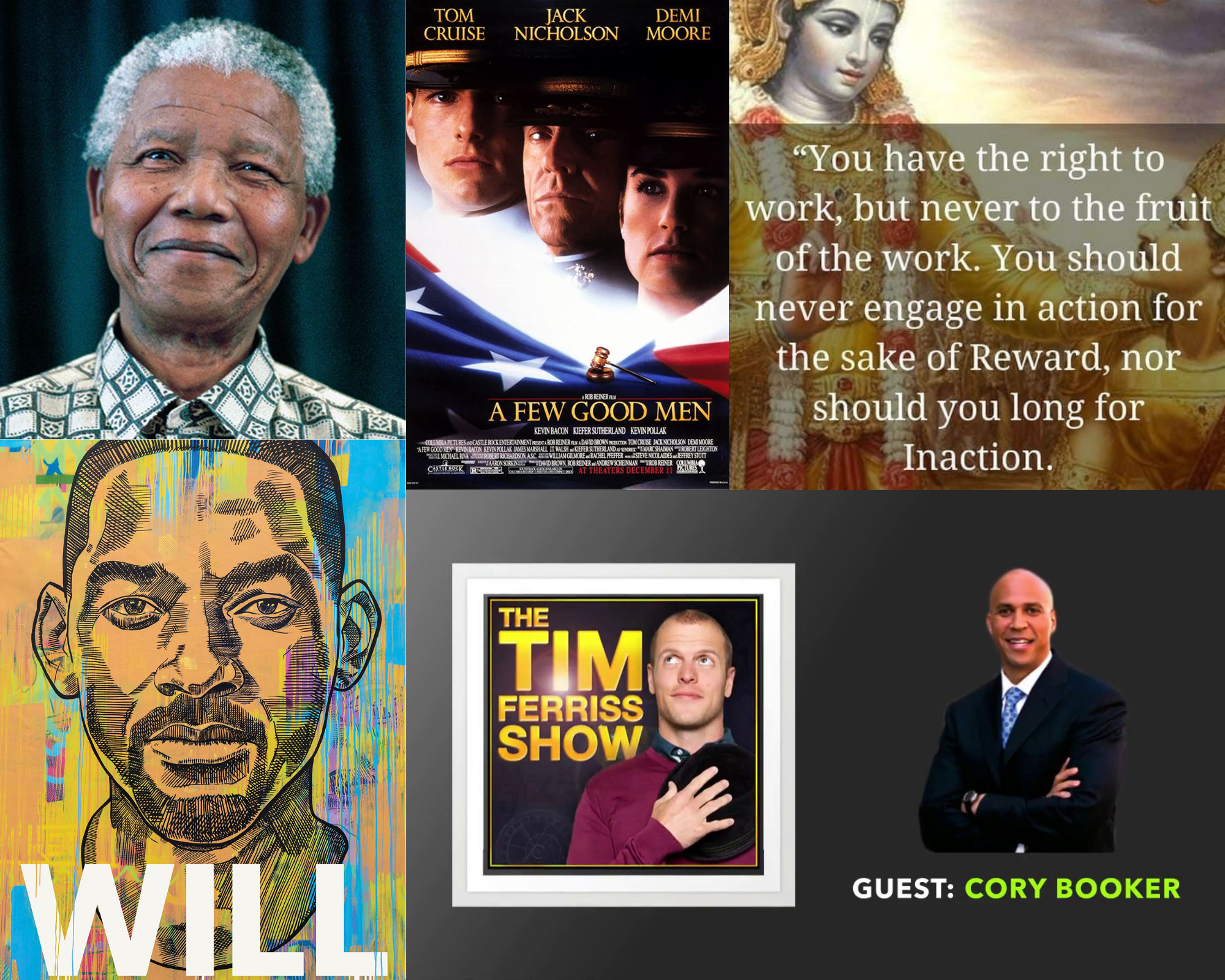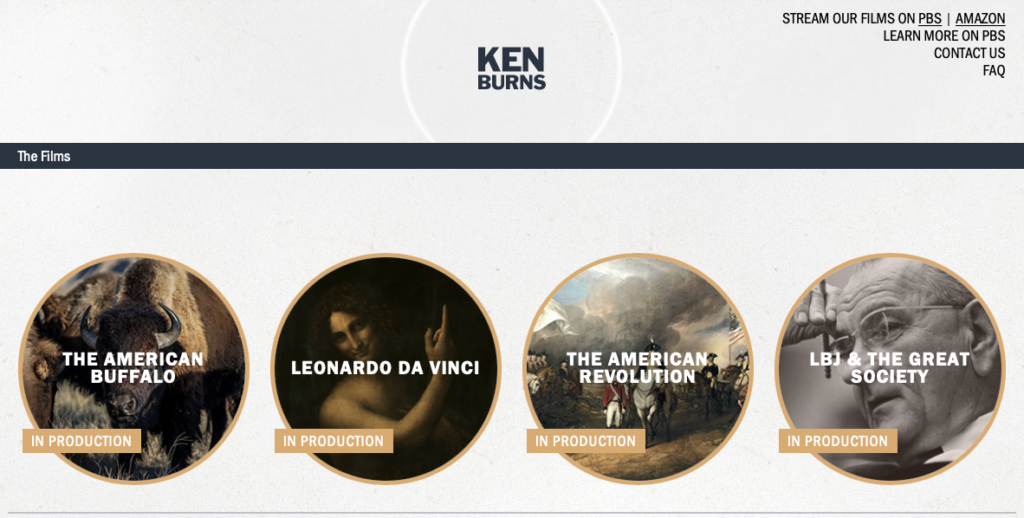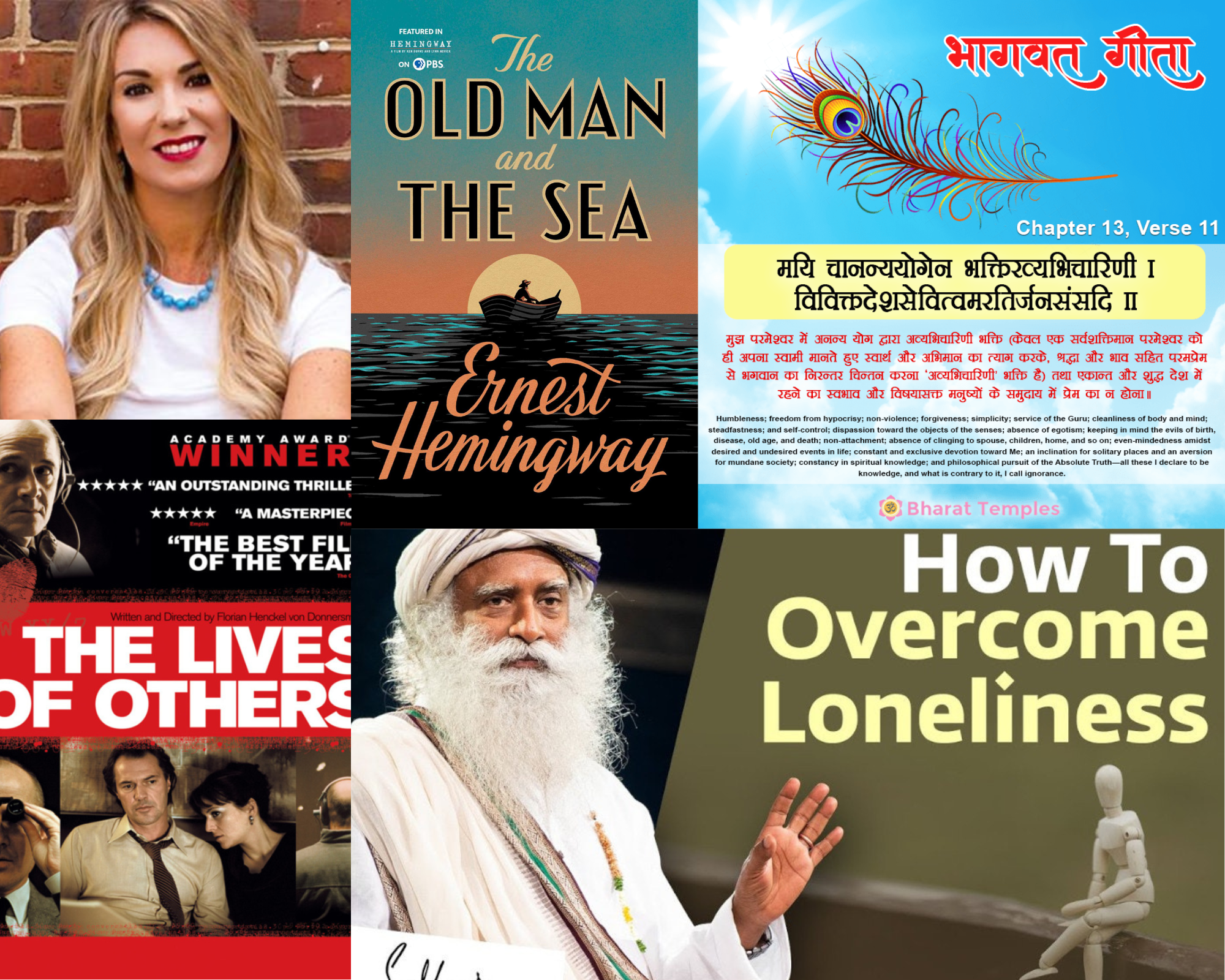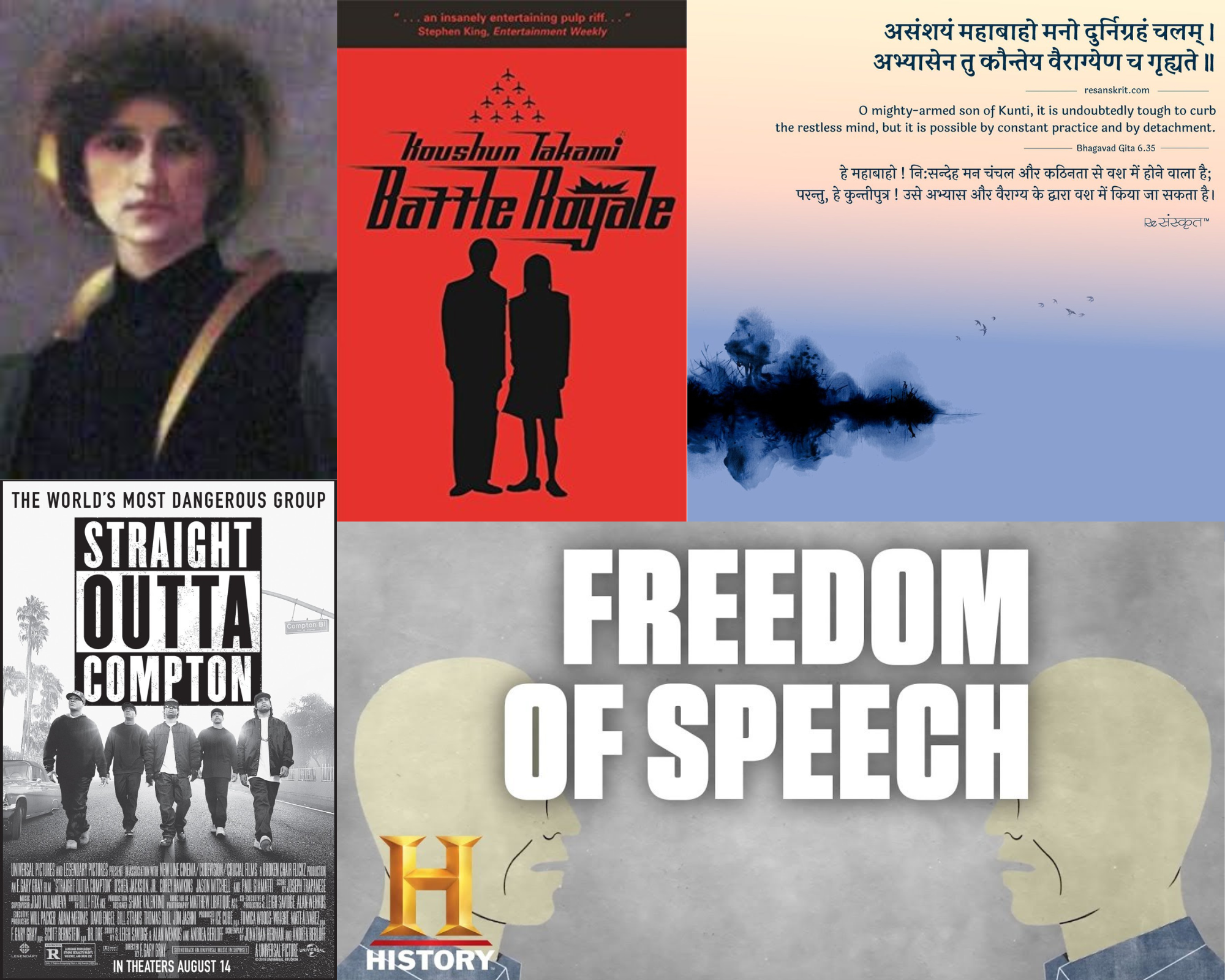Sunday Supplement #93 (February 19th, 2023)
Below is another Sunday Supplement with a quote worth sharing, a book worth reading, a movie worth watching, brainfood worth consuming, and a spiritual passage worth pondering.
I hope you take something away from these recommendations that enriches your week ahead!
Quote of the Week:
“It always seems impossible until it is done.”
– Nelson Mandela
Book of the Week:
Will – Will Smith & Mark Manson
I only read Will Smith’s autobiography the other week, but it’s still fresh in my mind as a reminder of perseverance and growth. It helps that the book is wildly entertaining too.
For those that don’t know, Will Smith is a Grammy Award-winning musician, Academy Award-winning actor, and NAACP winner.
Smith covers his journey from his youth in Philadelphia to his career as a hip-hop artist, conquering Hollywood, and all the struggles in between.
Mark Manson, the #1 New York Times bestseller of The Subtle Art of Not Giving a F*ck, pens Smith’s autobiography and helps it flow while still being authentically in Smith’s voice.
I don’t put too many books on my must-re-read list, but this is one of them.
Movie of the Week:
Rob Reiner’s A Few Good Men follows a military lawyer assigned a case of two Marines accused of murder despite their claims of being under orders.
Tom Cruise stars as the military lawyer, and Demi Moore, Wolfgang Bodison, Kiefer Sutherland, Kevin Bacon, and Jack Nicholson all give phenomenal supporting performances.
The actors are so brilliant in the film because of the writing by Aaron Sorkin. The story and the characters are wonderfully crafted to supply a compelling drama.
A Few Good Men was nominated for four Academy Awards, including Best Picture and Best Actor in a Supporting Role (for Nicholson).
I typically put this film on once a year, and I always find it worth the watch.
Brainfood of the Week:
Cory Booker Interview | The Tim Ferriss Show (Podcast)
I wouldn’t usually recommend a politician in a brainfood of the week since I don’t know much about politics.
However, Tim Ferriss’s podcast interview with Cory Booker is one of the more memorable episodes I’ve come across.
The interview was conducted in 2017, so it’s a bit dated, but the conversation has much worth tuning in for.
Booker talks about his mentors, receiving a Rhodes Scholarship, his participation in a hunger strike to draw attention to urban development issues, and much more.
I’ve featured Tim Ferriss’ podcast on many previous Sunday Supplements, but I’m still finding more that are worth highlighting. This is one of them.
Closing Spiritual Passage:
“You have the right to work but never to the fruit of work. You should never engage in action for the sake of reward, nor should you long for inaction.”
– Bhagavad Gita 2:47
This passage from the Bhagavad Gita makes me question the purpose behind my actions.
I think it’s an interesting prompt to consider whether or not you would pursue something if the result isn’t guaranteed.
I don’t think that means we shouldn’t want to achieve our goals, but it helps me focus more on the love of the process.
Thinking about why you’re truly engaged in any endeavor is an interesting insight into what you really want. Sometimes our surface-level wants often have much deeper needs.
Think about what you truly love in your life, nurture it, and have a blessed week ahead!
12 Comments





